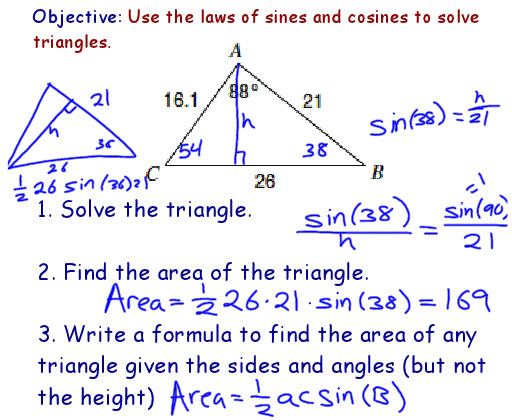What Language Are You Speaking?
Have you ever traveled to a foreign country? I mean a foreign country where people don’t speak English? Have you tried to communicate and you have had no clue what a person was saying, or couldn’t get someone to understand what you want? What do you revert to? Sign Language!
It can be very frustrating. Here is a little sentence for you to read and see how long it takes you to figure out what it is saying.
“So vast the expanse of the divine magnanimity for we who tread this mortal coil, that He abnegated His sole scion to the end that proselytes therein would be spared the lot of all flesh, to endure in perpetuity.”
Did you get that? Did they use conversational words? You might have to read it a couple of times. Why is it so hard to read? Is it because what it is saying is so complicated? That can’t be it, because at first you don’t even know what it’s saying. You don’t know whether it’s complicated or not. I think this paragraph is hard for a couple of reasons. When we use conversational words, these are generally not the words we would choose. First of all, we may not know the definitions for many of the words. And secondly, the construction of the sentence is a bit complicated. It isn’t laid out simply. (Keep reading for the answer to what this sentence says.)
If you want to understand this, you might look up each of the words individually to see what they mean. When you know what each of the words mean individually, then you can put them together and maybe even rearrange them to make sense of the paragraph.
Use Conversational Words- Big Words or Not?
Do you use conversational words with students- or others in your life for that matter? There are many that teach by using only big words that are not in the students vocabulary. Are they trying to make an impression on students and parents? Or perhaps they just don’t realize what words are in the student’s vocabulary. One can be very familiar with certain words so it doesn’t occur to him that they might be foreign to the students. This happens often with Christian “lingo.” You can see from the example above how well that all goes.
Then there are some that use conversational words when they teach, but no big words, because they don’t believe kids can handle them. Those kids then lose the richness of learning language. Actually, I think that kids love to learn what big words mean so they can feel more intelligent and they feel challenged. There are many advantages of a large vocabulary. However, they will be lost if they aren’t led correctly through that learning process.
Kids Can Learn Concepts!
Because kids don’t have the vocabulary that adults have- or at least not the same vocabulary, does that mean they can’t understand the concepts? No, not at all. The concept can be much easier to learn than the vocabulary! If the concept is broken down into building blocks, it can be easy to learn and then the vocabulary can follow.
Teach Concept First (Free sample below)
I don’t think we should shy away from big words, but rather we should first teach the message simply, we use conversational words. When we are sure they have learned and understand the message, we teach them the harder word, making the connection between the concept and the word. Saying the word once will not cause him to remember it but then coming back and repeating it multiple times as you repeat the concept multiple times will cause the student to learn it. What can you do?
- Have the student repeat it. Break down the syllables.
- Draw pictures of what the word means.
- Draw pictures of each syllable that can be tied into what the word means.
- Give little prizes to whoever remembers the word at the end of class or next week. Be sure they can tell you what it means.
- Be sure they know what it means. Ask them!
- Here’s one for you! Look up the word “propitiation” or “propitiate.” (It’s always good for the teacher to try to stay ahead of the student! 🙂
Hmmmm. I am at the end of this blog. By the way, if you are not able to read the above paragraph or figure out what it was saying, look up John 3:16 in your Bible.
I am giving away a good example of how to use conversational words to teach deep concepts for FREE. You can click here for a free download of a workbook called Who’s In Charge? If you haven’t received it, but sure to download your copy here. You can make copies for your kids and students (be sure all pages are intact if you copy this- including all copyright info). This is the first session of my most popular book, God… Should I Be Baptized?
This blog about how to use conversational words is one of my favorites. If you liked this blog, pass it on! Share on Facebook, Twitter or by Email. (even if only for the free workbook!)
Thanks and meet you next week!





